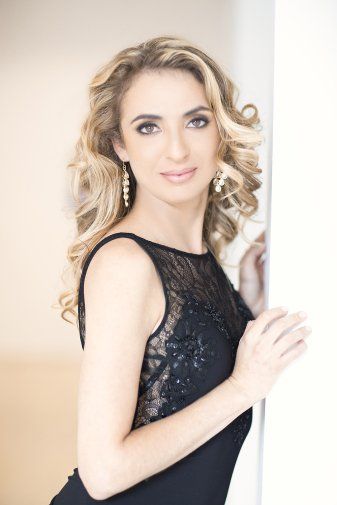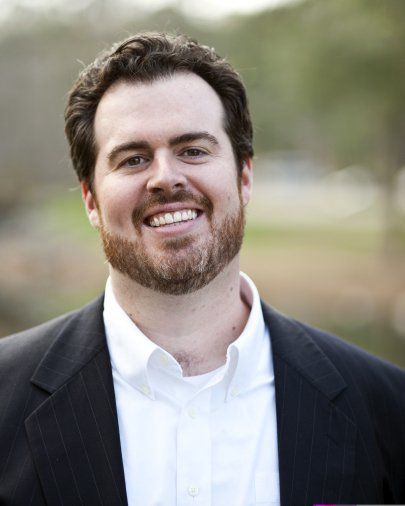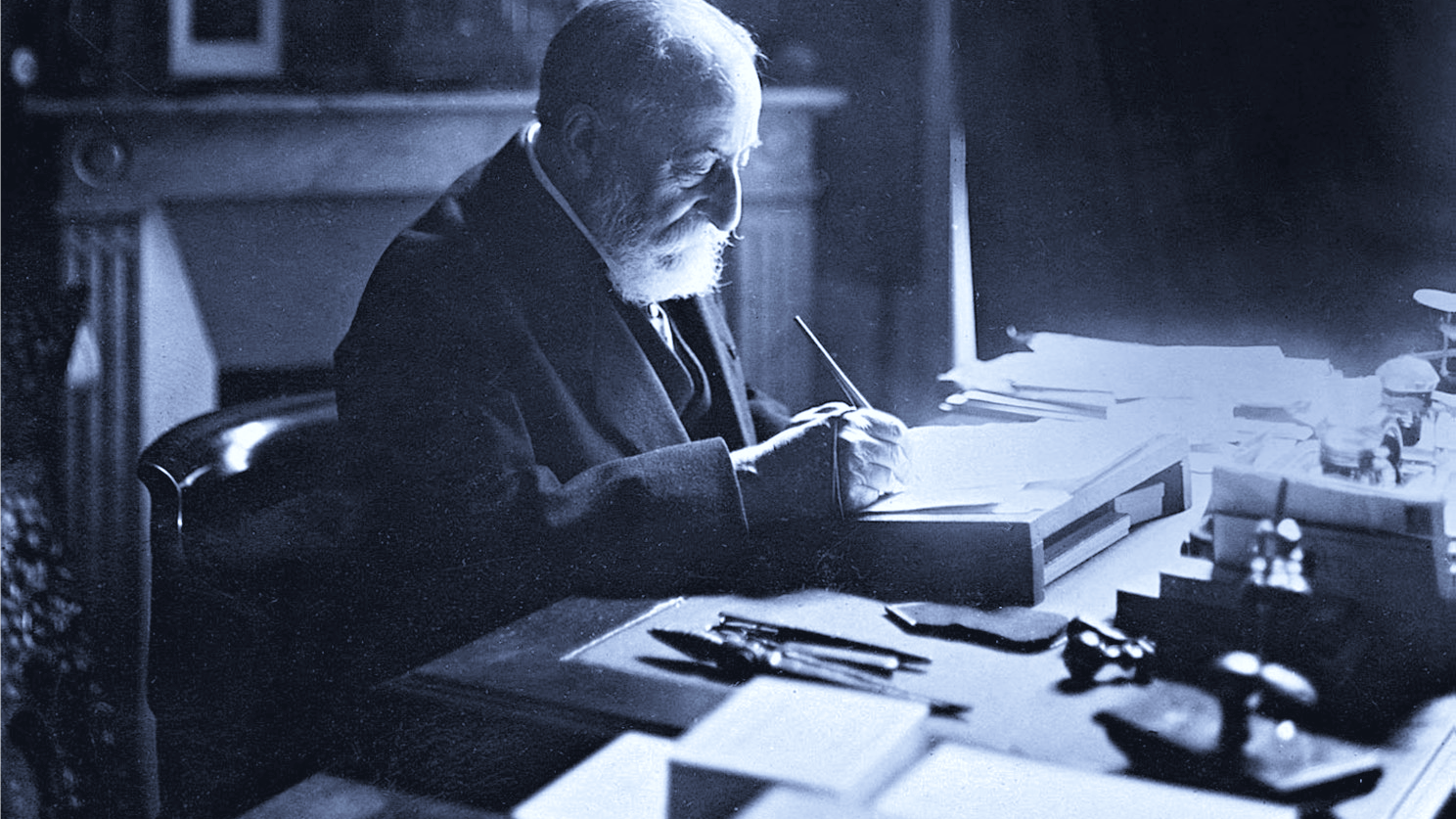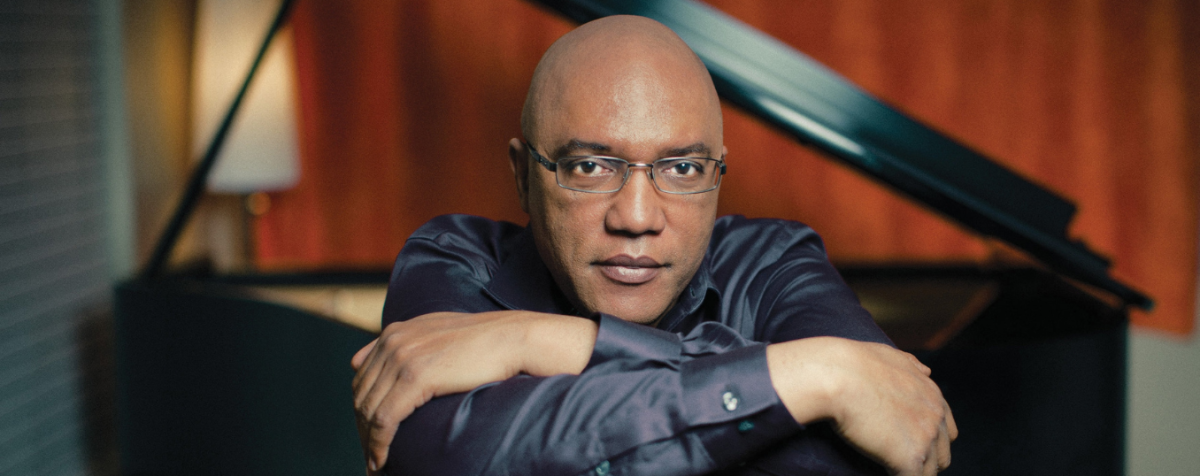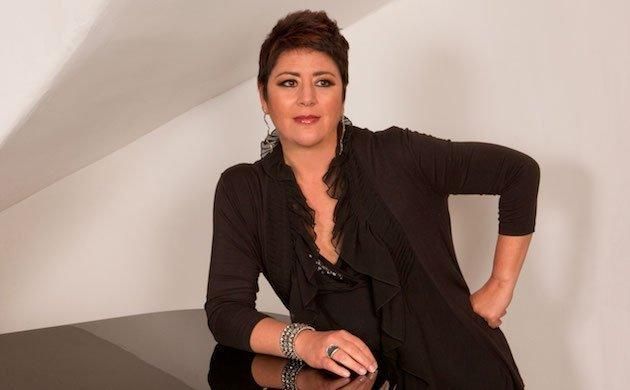Marie Jacquot conducts A Night at the Opera featuring the William Tell Overture, April 13
Share
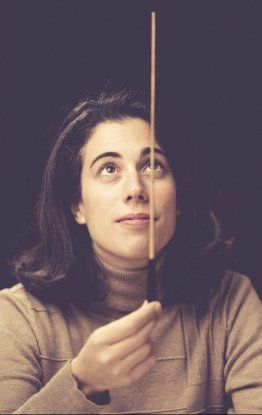
Soloists Julia Radosz and Jonathan Burton join the RI Philharmonic Orchestra
The TACO Classical Series concert is on Saturday, April 13, at 8 p.m.
The Open Rehearsal is on Friday, April 12, at 5:30 p.m.
The RI Philharmonic Orchestra shares The VETS stage with conductor Marie Jacquot and soloists Julia Radosz, soprano, and Jonathan Burton, tenor, for favorites from the heart of grand opera. The program includes Rossini’s William Tell Overture and Respighi’s Roman Festivals.
***At A Glance***
A Night at the Opera
TACO Classical Series
Saturday, April 13, 8 p.m.
Marie Jacquot, conductor
Julia Radosz, soprano
Jonathan Burton, tenor
ROSSINI: William Tell (Guillaume Tell): Overture
PUCCINI: E Lucevan le stelle (Tosca), O mio babbino caro (Gianni Schicchi), Quando m’en vo’ (La bohème) and Nessun dorma (Turandot)
PUCCINI (Madama Butterfly): Addio fiorito asil, Un bel di vedremo and Vogliatemi bene
MASCAGNI: Intermezzo from Cavalleria Rusticana
RESPIGHI: Roman Festivals (Feste Romane)
Open Rehearsal
Friday, April 12, 5:30 p.m., at The VETS
General Admission is $15. Tickets are available at tickets.riphil.org or 401.248.7000.
BUY TICKETS
Tickets start at $15 (including all fees). They can be purchased online at tickets.riphil.org; in person from the RI Philharmonic Orchestra Box Office in East Providence; or by phone 401.248.7000 (Mon.-Fri. 9 a.m.-4:30 p.m., closed President’s Day, Monday, Feb. 18). On day of concerts only, tickets are also available at The VETS Box Office (Friday, 3:30 p.m.–showtime; Saturday, 4 p.m.-showtime). Discounts are available for groups of 10 or more. Questions can be emailed to boxoffice@riphil.org.
About Marie Jacquot, Conductor
Marie Jacquot enjoys exploring wide-ranging repertoire and inspiring delight when performing music. In September 2016, Ms. Jacquot was appointed First Kapellmeister and Deputy Chief Conductor at Mainfranken Theater Würzburg, and was responsible for new productions of Nabucco, The Barber of Seville, Jesus Christ Superstar, Die Csárdásfürstin, and the revival of Idomeneo. In addition, she led performances of Les Huguenots, Die Entführung aus dem Serail, The Merry Wives of Windsor and Bluebeard’s Castle. During 2016, she received wide acclaim for guest performances with the Munich Symphony Orchestra, recreation-orchestra Graz, Rheinische Philharmonie Koblenz, Staatsorchester Darmstadt and Orchestra of Theater Gießen.
For the 2017-18 season, she debuted with the MDR Musiksommer, Deutsches Symphonie-Orchester Berlin, Switzerland’s Orchestre de Chambre de Lausanne and Staatstheater Stuttgart for a revival of Medea. She returned to the Bavarian State Opera for the Opera Munich Opera Festival to lead the orchestra for the world premiere of Die Vorübergehenden by Nikolaus Brass and conducted a preview concert for the Bavarian State Orchestra as part of a guest appearance in New York in March 2018.
Educated in Paris where she studied the trombone, Ms. Jacquot holds a degree in conducting from the University of Music and Performing Arts, Vienna, where she studied under Uroš Lajovic. After receiving several international scholarships, she participated in several conducting forums including Dirigentenforum/Deutscher Musikrat. As a student, Ms. Jacquot came to international acclaim at the Opera Festival Mauritius as Assistant to Peter Rundel for Karlheinz Stockhausen’s Michaels Reise um die Erde as part of the Lincoln Center Festival at Avery Fisher Hall with ensemble musikFabrik Köln. In 2014, she graduated from Vienna’s Musikverein and became the Assistant to Simeon Pironkoff of Ensemble PHACE. She conducted at Ö1-Musiksalon-Composition Prize of Austria’s National Bank, assisted at Klangforum Wien and gave her debut at Konzerthaus with the Vienna Chamber Orchestra. She attracted wide attention as the assistant to GMD Kirill Petrenko at the premiere of Bavarian State Opera’s South Pole. She also took over the musical direction of Tonguecat. She has studied under Nicolas Pasquet, and taken several masterclasses with Sir Simon Rattle, Fabio Luisi and Zubin Mehta.
About the Soloists
Soprano Julia Radosz is rapidly establishing herself with the works of Verdi, Mozart and the bel canto genre. Her ability to learn roles quickly and accurately puts her in demand for modern repertoire. She has been praised by Austin XL for a “warm tone and agile phrasing.” Her recent debut of La traviata was met with much enthusiasm for her “astonishing performance, brilliant soprano and thrilling embellishments that were augmented by the most subtle and heart-rending acting.”
In the 2016-2017 season, Ms. Radosz made two role debuts as Musetta, La Bohème, with Wichita Grand Opera, Donna Elvira, Don Giovanni, with Opera Orlando, and premiered the roles of Olympia, A Certain Quiet, and Lydia Larkspur, The Rivals. Other career highlights include Gilda, Rigoletto, Lauretta, Gianni Schicchi, Fiordiligi, Cosi fan tutte, Adina, L’elisir d’amore, Susanna, Le Nozze di Figaro, Antonia, Les contes d’Hoffman, Helena, A Midsummer Night’s Dream, and Pamina, Die Zauberflote. Ms. Radosz is the winner of the Jenny Lind Competition, Connecticut Concert Opera Competition, Marcella Kochanska Sembrich Vocal Competition, Five Towns Music and Arts Foundation Competition, and received grants from Opera Buffs Foundation, Anna Sosenko and CareerBridges Foundation. She is a dual citizen of Canada and the United States.
Praised by the Des Moines Register as being “full of warmth” and “sturdy,” American tenor Jonathan Burton recently appeared as Pinkerton in Madama Butterfly with the Welsh National Opera, Dick Johnson in La Fanciulla del West with Opera Colorado, Cavoradossi in Tosca with Central City Opera, Rodolfo in La bohème with Palm Beach Opera and Riccardo in Un ballo in maschera with the Florida Grand Opera.
On the concert stage, he has performed René Clausen’s A New Creation with the Kentucky Symphony Orchestra, Beethoven’s Symphony No.9 with the Lexington Philharmonic, Handel’s Messiah and Mendelssohn’s Elijah with the Southern Ohio Symphony Orchestra, and Verdi’s Requiem with the Springfield Symphony Orchestra. Mr. Burton studied at Westminster Choir College and the College Conservatory of Music at the University of Cincinnati and was a member of Florida Grand Opera’s Young Artist Program.
About the concert: stories behind the music
Gioacchino Rossini (1792-1868)
Overture to William Tell
Most well-known: In 1828, when Gioacchino Rossini began composing William Tell, he was the world’s most famous living composer. (Beethoven had died the year before.) Rossini had been living in Paris for four years. The French people loved his Italian operas and could not do enough for him, but his own goal was to compose French operas. Listen for this: The final section is the best-known part of the overture due to its association with the 20th-century’s Lone Ranger. Rossini’s intention, however, was to begin with a trumpet fanfare that calls the Swiss people to arms against their oppressors. The following quick march represents the regaining of freedom in the fatherland.
Giacomo Puccini (1858-1924)
Tosca: “E lucevan le stelle”
Trailblazer: Tosca premiered in 1900 and was the first opera by Giacomo Puccini completely modeled on a new trend: verismo (realism). Listen for this: Act III takes place on the roof of Castel Sant’Angelo (the prison). The firing squad leads Cavaradossi in. He has one hour and asks to write a letter. Losing himself in memories of Tosca, he sings “E lucevan le stelle.”
Gianni Schicchi: “O mio babbino caro”
One-act comedy: Gianni Schicchi was a real person of the 14th century mentioned in Dante’s Inferno. He was a lawyer, and in the opera, the greedy family of a recently deceased rich man, who has left all his money to the Church, tries to engage him to substitute a fraudulent will naming them as heirs. Listen for this: Schicchi is reluctant about the fraud at first, but his daughter, Lauretta, wishes to marry Rinuccio, one of the heirs. In the aria “O mio babbino caro” (O, my dear little daddy), she persuades him to reconsider.
La bohème: “Quando m’en vo”
Highly anticipated: At the beginning of 1896, the world was waiting for another opera by Puccini, and on February 1, the world got it, La bohème. Listen for this: The opera’s best-known number is Musetta’s Waltz, “Quando me’n vo’ soletta per la via” (As I go merrily down the street).
Turandot: “Nessun dorma”
Puccini’s final work: A composer’s last work is often something unique, even perhaps transcendental. Just think for a moment about Mozart’s Requiem. Luciano Pavarotti made Puccini’s “Nessun dorma” popular. Listen for this: The first words of the aria repeat the words of the chorus.
Madama Butterfly: Excerpts
The story: Puccini’s Madama Butterfly is about a young Japanese girl, who falls in love with and marries Pinkerton, an American naval officer. Her family rejects her, and she rejects her religion to embrace Pinkerton’s Christianity; to the Japanese, she is a social outcast. Listen for this: At the end of Act I comes Puccini’s longest love duet Vogliatemi bene. The second act takes place three years after Pinkerton, the naval officer, has left. In her child-like devotion to him, she sings the aria, Un bel di, about the day when he will return to claim his bride. When Pinkerton returns, he is unable to outwardly say goodbye to his Butterfly. He bids a tearful farewell to their home in Addio fiorito asti.
Pietro Mascagni (1863-1945)
Intermezzo from Cavalleria Rusticana
One masterwork: Pietro Mascagni was a one-masterpiece composer, and that masterpiece was Cavalleria Rusticana (Rustic Chivalry). Based on a short story, this one-act opera was packed with realism, high emotion and swift action. Listen for this: At the point where the plot is thoroughly established comes the Intermezzo.
Ottorino Respighi (1879-1936)
Roman Festivals (Feste Romane)
Lots of color: There are only a few 20th-century masters of colorful orchestration. Leading composers among this select group, such as Ottorino Respighi, normally worked in a musical style that was a holdover from the colorful 19th century. Listen for this: Two dominant themes run through much of Respighi’s orchestral program music. One is a choice of subject that is sensorially perceived (rather than intellectual). The other is his interest in the remote past. Both are at work in Respighi’s so-called “Roman trilogy,” which includes Fountains of Rome (1917), Pines of Rome (1924) and Roman Festivals (1928). As with Fountains and Pines, the composer wrote notes describing the programmatic content of Roman Festivals.
